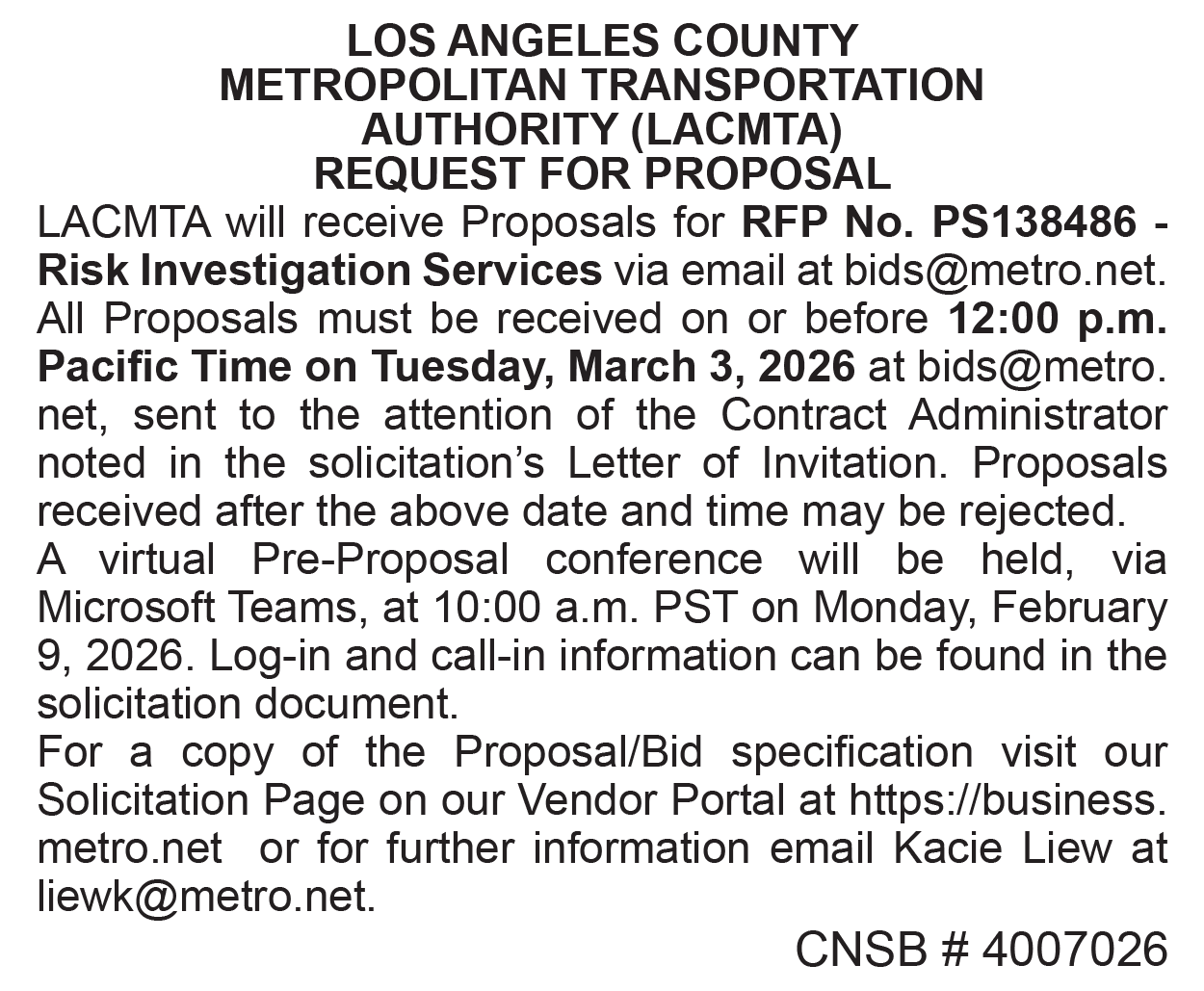Storm Warnings Not to Ignore
Monday, October 27, 2014 | 0
I recently asked some individuals if the workers' compensation system might experience big disruptions in the next three years.
They answered by a strong consensus that the downward trend in work injuries will not reverse itself, nor accelerate. At least half considered as probable a major catastrophe, the outbreak of a new disease with occupational impact, and the spread of opt-out systems to other states. Less probable but still on their radar were a surge in inappropriate medical care, court approval of class-action suits and more aggressive federal enforcement of safety and disability-related statutes.
The only scenario for which there was a wide difference of opinion was courts deciding that a state’s workers’ compensation system was unconstitutional as being unfair to workers. This bi-modal response is perhaps due to the fact that I asked insurer CEOs, claimant attorneys and many others for their forecasts.
I agree with this overall risk assessment, but with one qualification – not so much a dispute, but a feeling as to how an emerging narrative shared by the national media, activist groups and politicians could arise. You might sharply disagree with its merits, but do not ignore it.
The narrative is that during the past few decades, workers’ compensation benefits have incrementally shrunk while federal mandates protecting people with disabilities have expanded, and, as in the fable of the frog in the pot, these trends have finally intersected at the boiling point.
I have seen this movie before, and perhaps you have as well. The basic pattern is that federal mandates evolve along a winding path of rulemaking and litigation, gradually gaining relevance and, in the eyes of the public, legitimacy. These mandates collide with long held state-sanctioned, tired and sometimes tawdry business practices. Time Magazine runs a cover story on it. The federal mandates win a protracted and contentious war of battles and skirmishes.
The core justification for federal intrusion into workers’ compensation is the Americans with Disabilities Act. Federal enforcement practices and private suits that are tied to a federal law such as ADA don’t just appear fully mature all at once. There is yet a clear, widely heard message that ADA is really disruptive to workers’ compensation.
But the parts, waiting for assembly, are there: the fact that most modified duty programs of employers are probably at risk of being in violation of the act, due to either their absence or arbitrariness; the fact that many uses of information about a worker’s prior claims might be seen as a violation.
The ADA cannot, in my limited understanding, directly challenge the fairness of workers’ compensation benefits. But what if the ADA were more aggressively enforced for process violations, while independently others attacked state-mandated benefits for injured workers as inadequate in light of state and federal judicial precedent? Together, could these initiatives build a powerful nationwide narrative against the current workers’ compensation system? In a word, yes.
Mark Zientz, the lead Florida attorney behind the court challenges in that state, argues that the state has incrementally reduced worker benefits to the point that the exclusive remedy provision violates the Florida constitution. He argues that the historic cover for state workers’ compensation systems, a 1917 federal Supreme Court decision, should be read as denying the legitimacy of today’s system in Florida.
Zientz’s efforts add parts to the narrative. He addresses one of a peculiarly Florida set of system problems that is national media-ready today. It includes the fact that the state this year proudly arrested over a hundred workers for workers’ compensation fraud even before they had an injury, much less sought benefits.
A skillful, resourceful investigative team can attempt to turn a “What’s the Matter with Florida?” story into a national narrative, one that includes employer abuses in Texas’ opt-out program. It could draw upon ADA to report on any state. Apparent ADA violations are easy to find and profile through hard luck cases.
Therefore, keep a lookout for a perfect storm of an aggressive national media, activist groups, politicians and federal agencies propagating a shared narrative. You may strongly disagree with the core argument, namely that the workers’ compensation system has rotted away. You may think that the Feds are over-reaching. But don’t underestimate the storm. One reason many discount the seriousness of this challenge to the legitimacy of the system is that when claimant attorneys have tried, their efforts have been too scattershot and impulsive, rather than focused and strategic.
I more than half believe this narrative to be the greatest threat to the workers’ compensation system. Most people in our field want to do the right thing and are sufficiently skilled and resourced enough to do it. The system will never be shorn of complexity. The system is rife with moral hazards, which are better handled with balanced judgment than moral outrage. One fifth of employers, doctors and insurers will forever be a dollar short in their performance.
On the other hand, I could not imagine a more unqualified party to design and oversee the system than state legislators. I believe their control of the system will, sooner or later, bring it down because they are incapable of anticipating and responding successfully to this brewing storm.







Comments